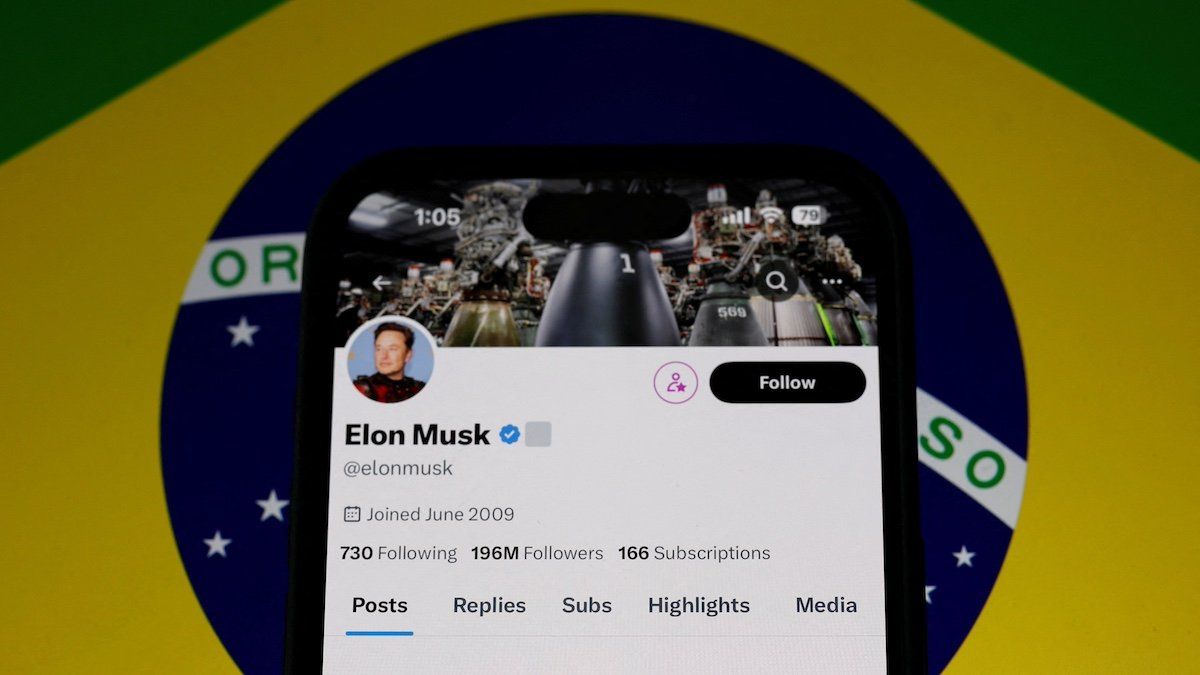The battle between Brazil and Elon Musk has now reached the stars — or the Starlink, at least — as the billionaire’s satellite internet provider refuses orders from Brazil’s telecom regulator to cut access to X.
The background: Brazil’s Supreme Court last week ordered all internet providers in Latin America’s largest economy to cut access to X amid a broader clash with the company over an order to suspend accounts that the court says spread hate speech and disinformation.
That order came after X racked up some $3 million in related fines, which Brazil has now tried to collect by freezing the local assets of Starlink, a separate company from X.
Starlink says it won’t comply with the order to block X until those assets are unfrozen and has offered Brazilians free internet service while the dispute continues.
Brazil is one of X’s largest markets, with about 40 million monthly users. But both sides have dug in as this becomes a high-profile battle over free speech vs. national sovereignty.
What’s next? It’s hard for the Brazilian government to stop Starlink signals from reaching users, but it could shutter about two dozen ground stations in the country that are part of the company’s network …
